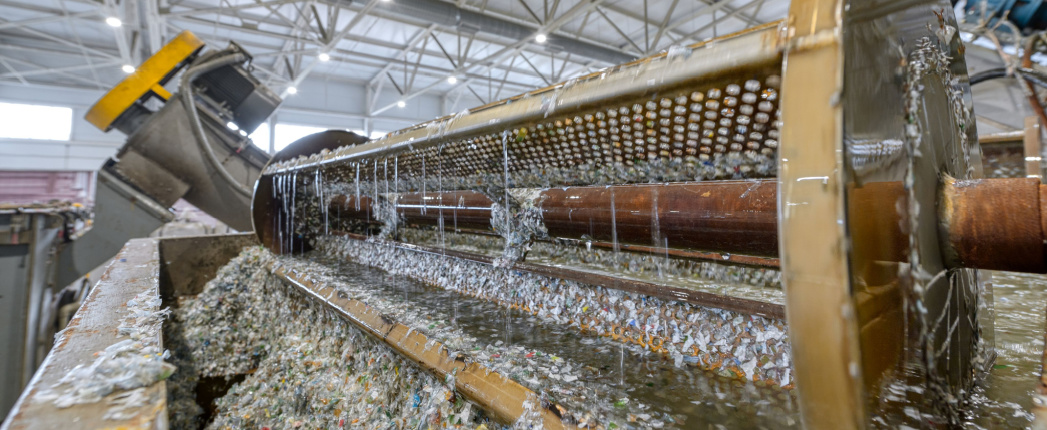
Castrol last month introduced 100% recycled plastic bottles in India, a step that it called important in its efforts to become more sustainable by reducing plastic waste.
The bottles in question are being used by Castrol India to package its Power 1 Ultimate engine oils for two-wheelers. Castrol, a unit of United Kingdom-based BP, said it currently is using bottles made solely from post-consumer plastic resins only in India but that it is using bottles made partly from post-consumer resins in the United States and that it is looking to use them in other markets, too.
“Plastic waste management is an important aspect of Castrol’s sustainability roadmap for India,” Castrol India Managing Director Sandeep Sangwan said in a news release. “In 2021, we introduced new light-weight bottle designs for our medium packs – 3 to 5 liters – that reduced our plastic use on average by 20% per bottle. These new Castrol Power 1 Ultimate bottles are our next step on Castrol India’s journey to reduce the use of virgin plastic. We believe that they are the first 100% PCR plastic lubricant bottles in India.”
The post-consumer resins are used only to make the bottles; their caps are still made from virgin plastic, BP Media Relations Manager Jackie Poole said, adding that the company will continue working to make packaging elements such as caps and labels more sustainable.
Using post-consumer resins requires overcoming several hurdles, Poole told Lube Report.
“The main challenges to using 100% PCR plastic is in obtaining suitable quality and quantity of PCR,” she said. “High-density polyethylene, which is easily recyclable and used in PCR, is not collected as consistently as polyethylene terephthalate which is currently used in many plastic bottles.
“Another challenge with PCR is its odor – which we have worked to avoid – and that use of PCR can influence the bottle’s color and strength. All the factors are dependent on source and supplier capabilities, both PCR and blow-moulding suppliers, as well as the core bottle design’s strength.”
Castrol introduced the bottles first in India partly to comply with national extended producer responsibility regulations that require companies to help ensure environmentally sound management of products through the end of the product’s life. The regulations apply packaging as well as the product itself.
The roll-out of the new bottles was organized by a Castrol India team collaborating with Castrol’s global packaging and technical team and a local supplier of post-consumer resins that developed a supply chain of material specifically for this project.
Castrol said its customers will not incur additional costs for the use the more sustainable bottles. The company declined to say if the recycled resins cost it more than virgin plastic. It also declined to confirm if the 2021 reduction in bottle weight yielded savings or if savings was passed on to customers.